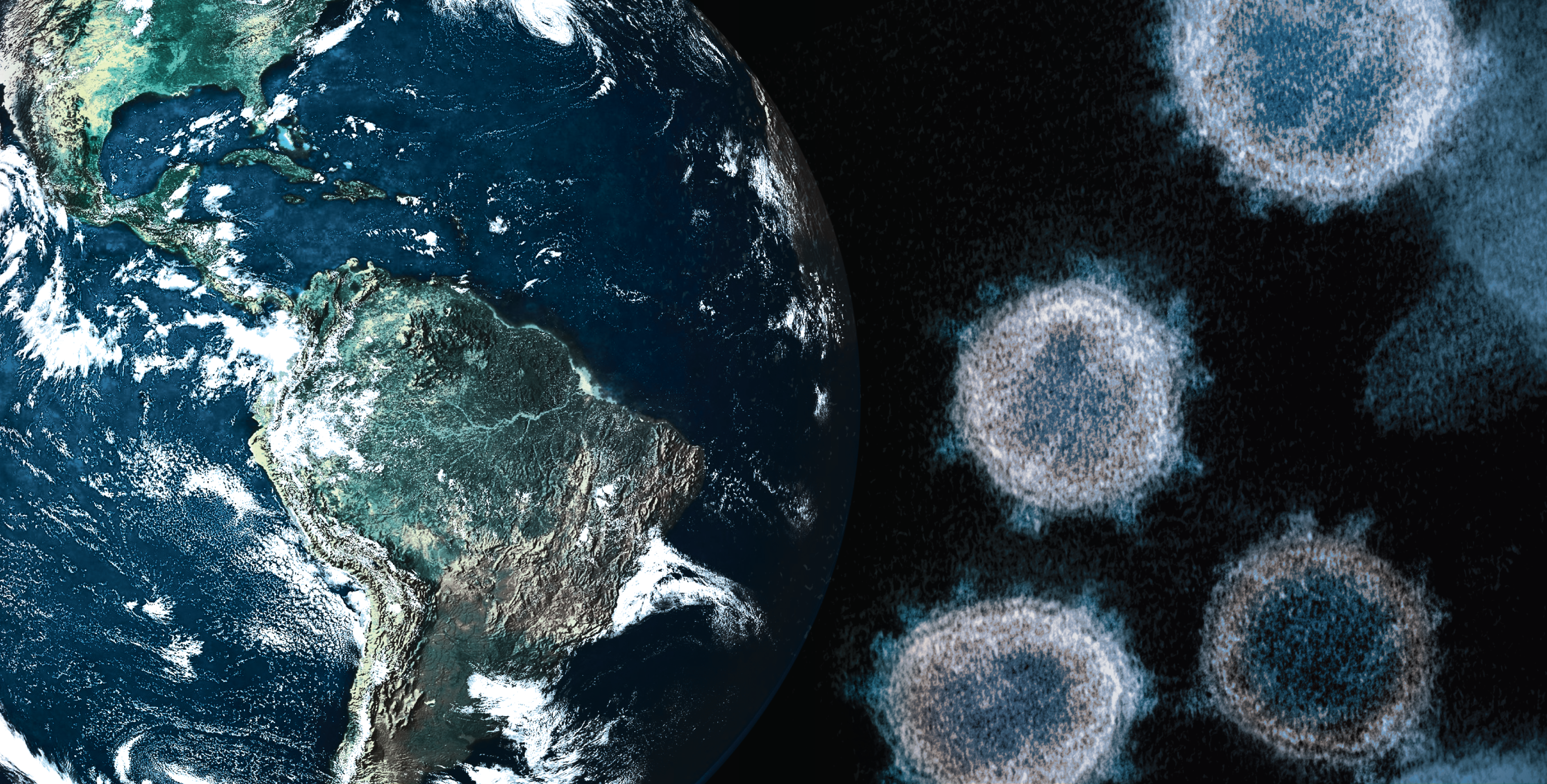The scientific links between biodiversity loss, increasing temperatures and infectious disease outbreaks have not been adequately studied, and a new report suggests that the international scientific community needs to reassess how these pressures are connected to avoid future pandemics and better control endemic diseases.
Published in Lancet Planetary Health, the study identifies pathways to improve scientific discovery and collaboration among researchers, and two of the recommendations include breaking down siloed research cultures and encouraging scientists to move outside of their comfort zones.
Regents’ Professor John Drake of the Odum School of Ecology, also director of the Center for the Ecology of Infectious Diseases (CEID), is one of the authors. He believes that interdisciplinary research is needed to solve some of the unprecedented planetary challenges that we are facing and that this requires a new way of thinking.
“The COVID-19 pandemic is still fresh in our minds and is just one example of an infectious pathogen that has spilled over from wild animals into humans,” he said. “However, think about malaria that infects more than 240 million people each year. People are infected with a protozoan parasite when they are bitten by an infected Anopheles mosquito species. We know that climatic conditions including rainfall and rising temperatures from global warming are affecting these mosquitoes and changing their ranges. We also know that in some regions of the world such as along the coast of Kenya, the mosquito species that are spreading malaria are changing. If we want to understand the transmission dynamics of malaria and forecast where future outbreaks will occur, we have to connect the dots from the current climate crisis to the biodiversity of the mosquito species that spread the parasite to the clinical cases of malaria in humans where they are living and working.”
As an infectious disease researcher and modeler, Drake has studied the ecological dynamics of infectious diseases and their spillover into humans, livestock and wild animal populations for more than 15 years, and he has advocated for the development of a global Infectious Disease Intelligence (IDI) system that includes an early warning component. Understanding the interconnections between climate change, the speed at which plants and animals are moving around the planet and sometimes disappearing altogether, and the emergence of infectious diseases on a planetary scale are important factors in a robust IDI system.
Working with a team of international researchers, Drake and his colleagues performed an extensive literature search of original peer-reviewed scientific articles published between 1975 and 2022. From just over 1.8 million publications, only 128 studies explained the mechanistic links between biodiversity loss, climate change and infectious disease. However, just 29 articles quantified how these pressures are interconnected, and seven were specifically focused on a fungus that has been rapidly spreading through the world’s amphibians.
Recent intergovernmental global assessments from the United Nations’ Global Environmental Outlook and World Wildlife Fund’s Living Planet Report have identified the need for a unified, scientific approach to maintain the planet’s health. Although these reports describe the connections between biodiversity loss and climate change, they still lack the unified approach that Drake and his colleagues believe is needed.
Building interdisciplinary research that explains the connections between climate change, biodiversity loss and the emergence of infectious diseases will take a massive international collaboration from scientists and professionals trained in data science, ecology, human medicine, law, plant sciences, social sciences, veterinary medicine and other fields. And a collaborative effort must research the expansion and effects of diseases in wildlife, plants, humans and livestock including cows, pigs and poultry.
Drake and his colleagues believe that understanding how these pressures are connected will be transformative for planetary health.
Accessing the connections between infectious disease, climate change and biodiversity loss

